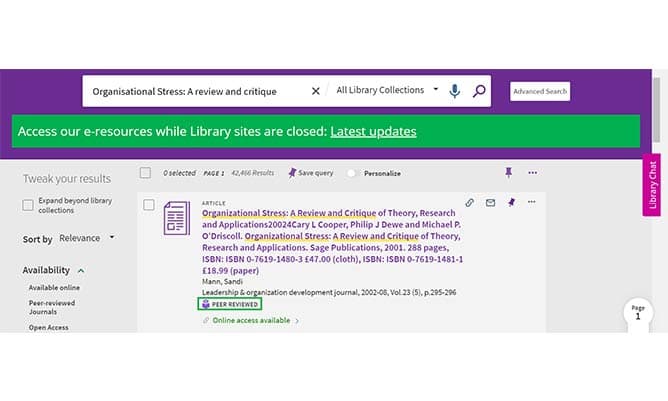As a final year student, I have noticed huge developments in my academic writing and ultimately would like to share a few wise words on what I think has helped me to achieve first-class essay marks.
Firstly, how will we ever get a first without being aware of what is expected? We need to get to know the mark scheme. A great way of guaranteeing we are achieving all the key elements of the mark scheme, is to align our initial plan with each point of the criteria and keep checking throughout our essay writing to assure all areas are being covered.
Another BIG thing is always to make sure you understand the question. Now I hope this doesn’t sound patronising, but it is so important to read, read and read the question again to fully understand. A main part of understanding fully includes evaluating the action phrase in the question, so make sure you know what is required when you see phrases such as ‘Describe’ and ‘Critically Analyse’.
Along with understanding the question, we need to be able to answer it effectively, and the best way to do this is through the structure. Within academic writing it is vital to frame your argument coherently so the essay flows from paragraph to paragraph. A massive factor in enabling this stems from our essay structure outlined in the introduction. A thing I like to do after finishing my essay is putting a tick next to each paragraph if it matches with this initial outlined structure to guarantee that the essay flows.
The final tip I have is to make sure your references reflect the depth of your knowledge. I always include references from the core and further reading lists, but also carry out additional reading to provide my markers with new perceptions. They want to learn from us! In order to find new sources, I make sure to use the University of Manchester Library, to certify these sources are credible (Peer-Reviewed). With some essays you may end up having a multitude of sources that can be difficult to organise, so one way that I handle this is by creating a table that consists of three columns: one for the main argument, one for the supporting evidence, and one for the source citation. This presents me with a simple method of creating a bibliography, without adding extra pressure to myself.
Although these tips may be useful, we cannot ignore the abundance of resources that are available to assist us. One great resource is the ‘Academic Phrasebank’, a document put together by Dr. John Morley at the University of Manchester, that provides insights into how to succeed within your academic writing. From providing notes on essay structure, grammar, and most essential key phrases, this document has become an indispensable guide to me.
All in all, from mark schemes to structure to sources, these are just a few tips that will hopefully help. It’s time to go get that first!



